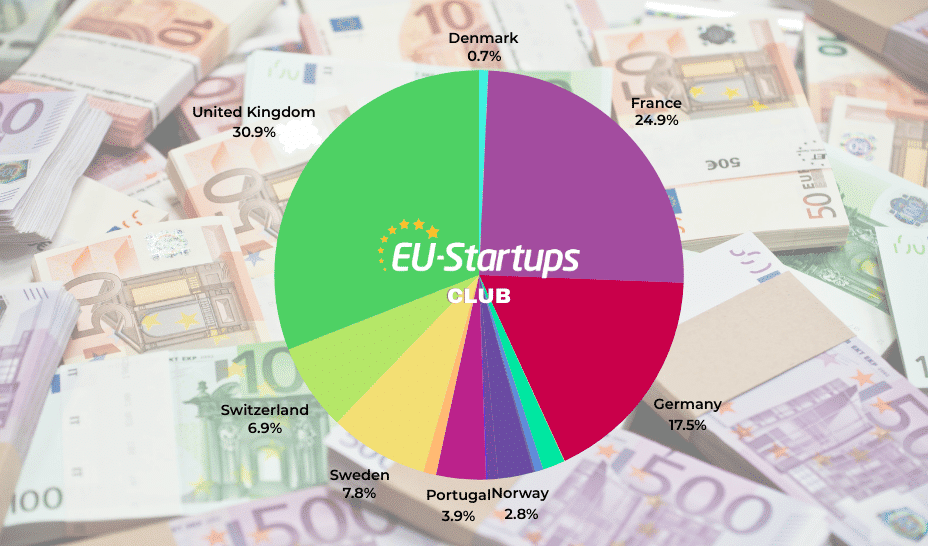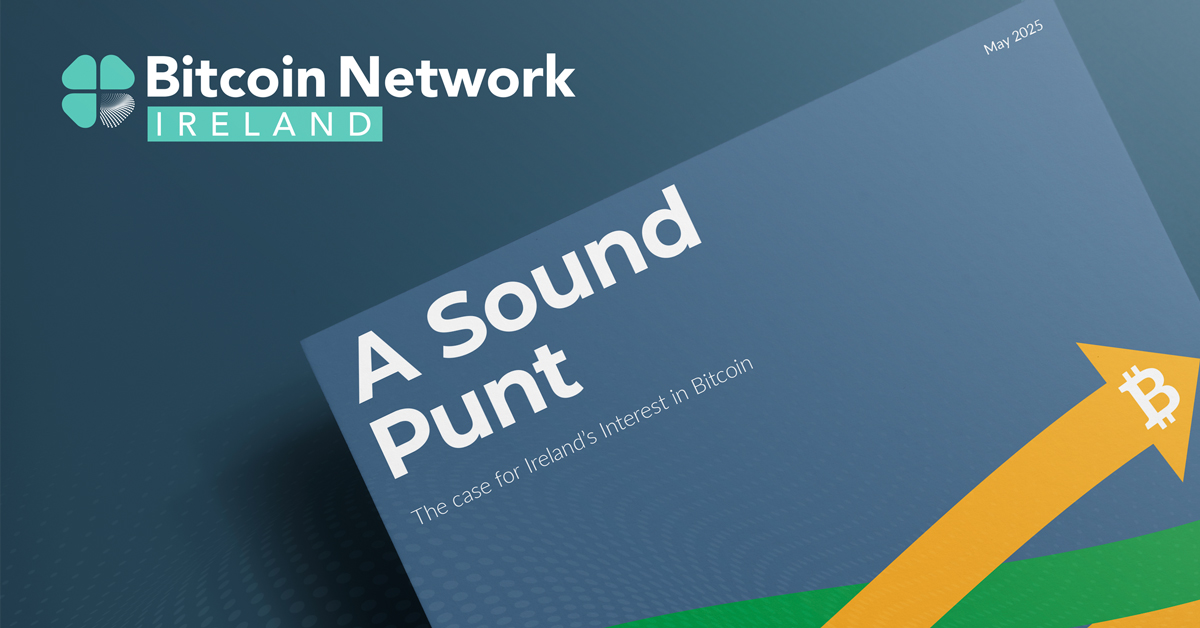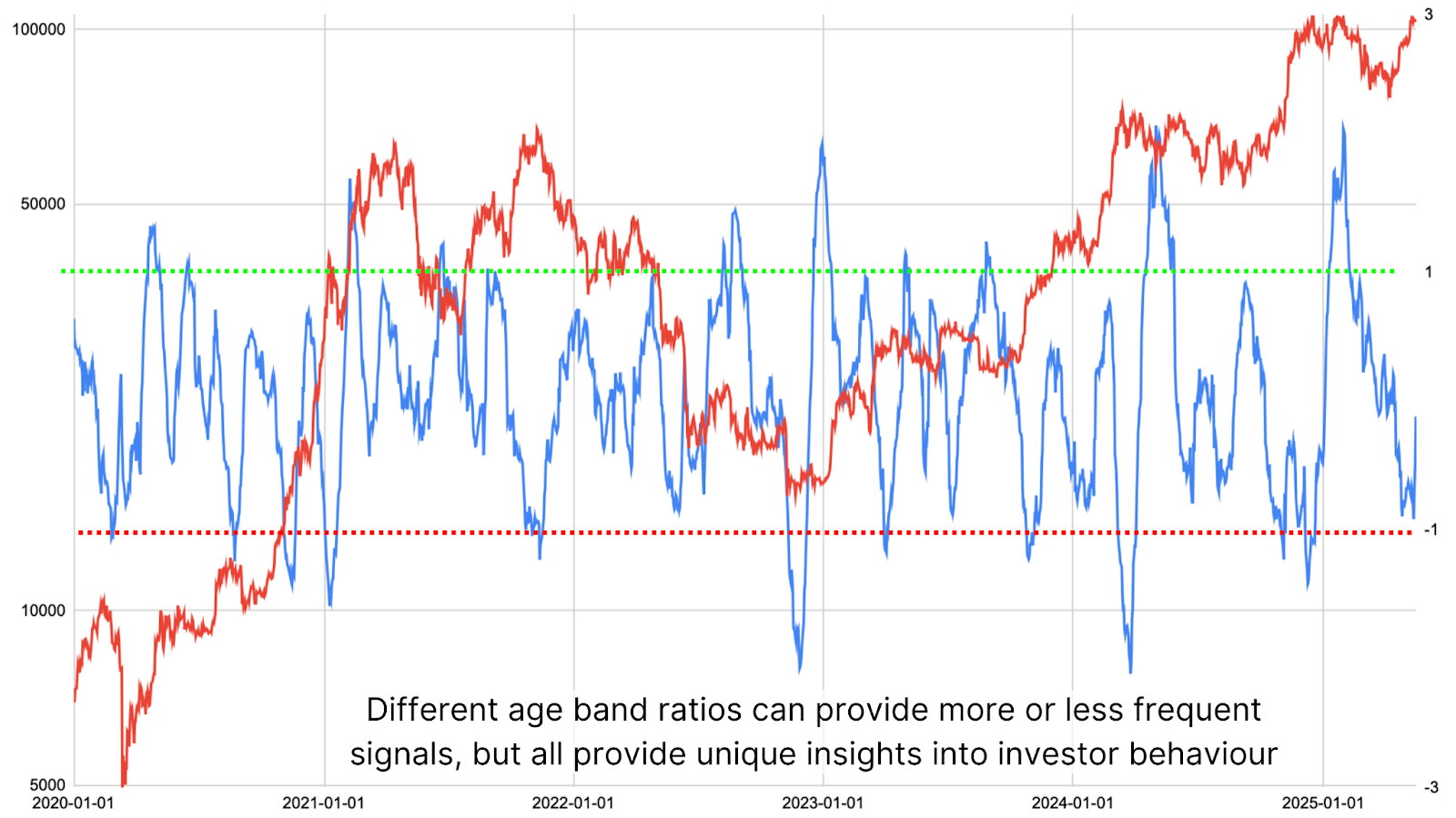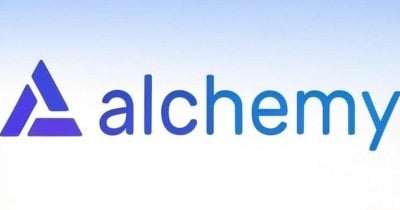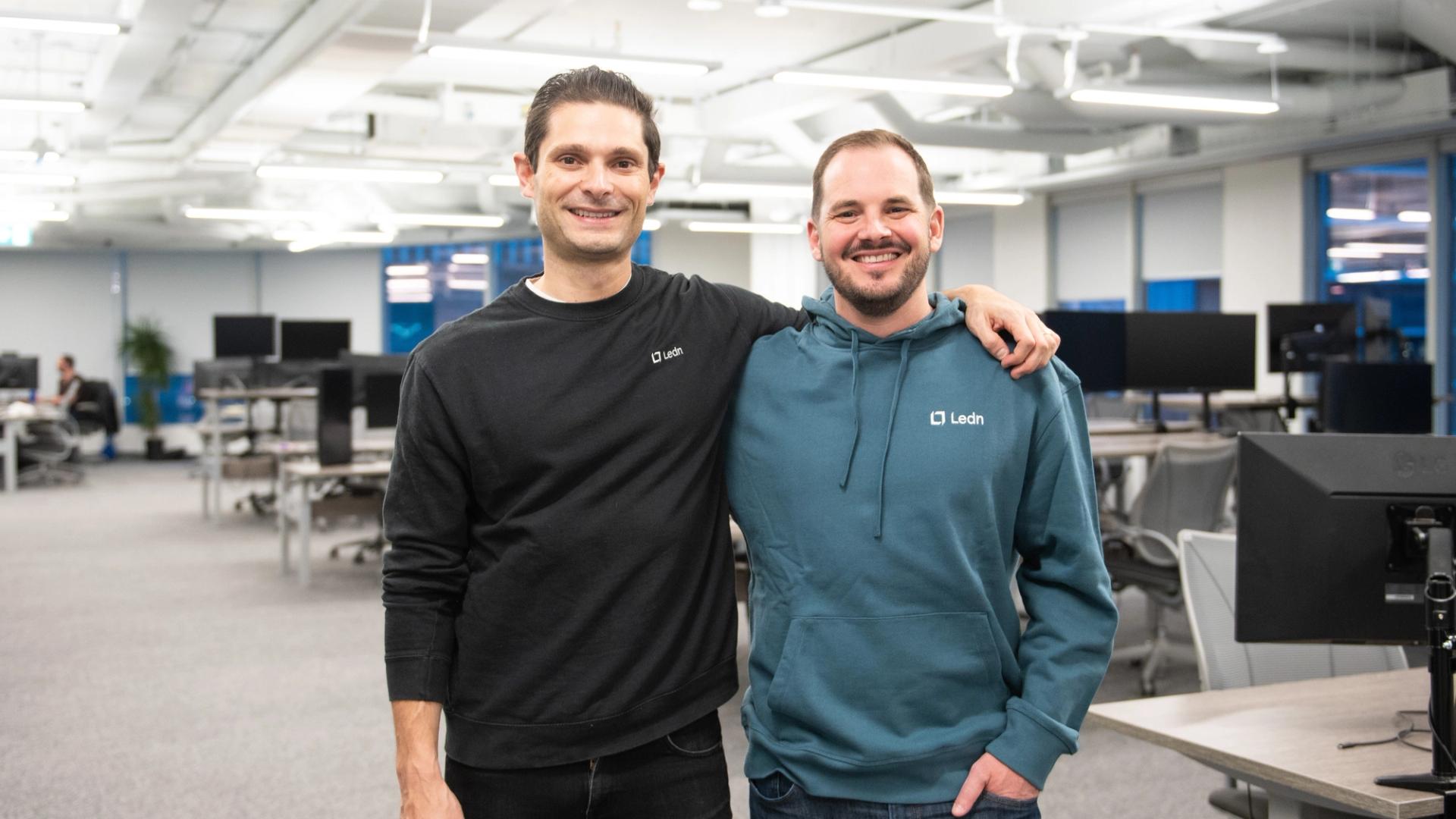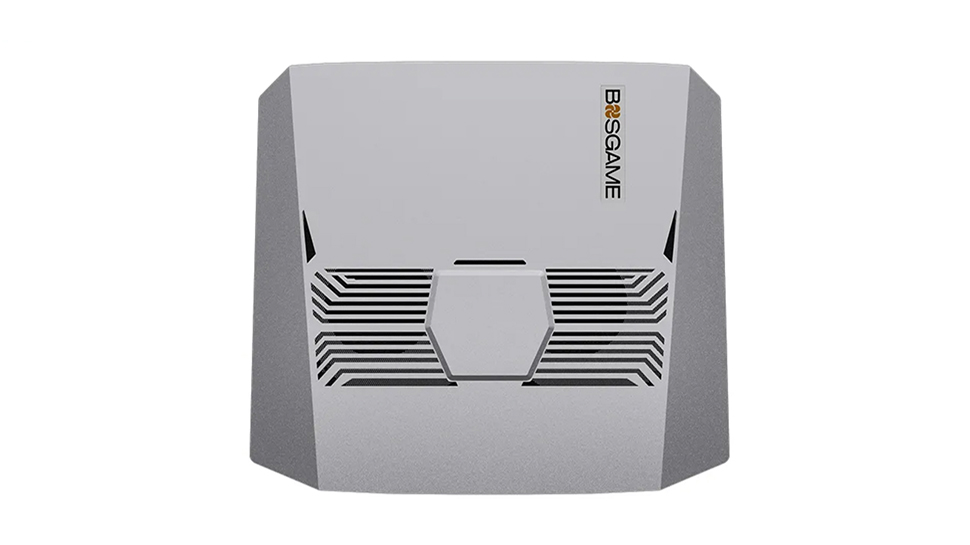Estonian startup Income secures €540k for its investment platform that connects investors with non-bank lenders
Income, a FinTech company based in Tallinn that connects retail and institutional investors to vetted non-bank lenders, has raised €540k to scale its platform, broaden its lender base, and enter Mexico and the Phillippines – aiming for €1.5 million in total funding. The amount was committed by long time shareholder Dr Hauptmann, with the company […] The post Estonian startup Income secures €540k for its investment platform that connects investors with non-bank lenders appeared first on EU-Startups.

Income, a FinTech company based in Tallinn that connects retail and institutional investors to vetted non-bank lenders, has raised €540k to scale its platform, broaden its lender base, and enter Mexico and the Phillippines – aiming for €1.5 million in total funding.
The amount was committed by long time shareholder Dr Hauptmann, with the company now offering a €250k allocation to retail investors via SeedBlink.
CEO Lavrenti Tšudakov said the platform is responding to a more mature retail investor segment: “Retail investors are no longer satisfied with opaque, yield-chasing platforms. We’ve built Income to serve a new investor profile, more informed, more cautious, and increasingly looking for protections that mirror institutional standards.”
Founded in 2020, Income is an investment platform that connects retail and institutional investors with vetted non-bank lenders across emerging and developed markets. The platform employs a structured risk framework—including Junior Shares, Cashflow Buffers, and Buyback Obligations—to strengthen investor protection in private debt portfolios.
As of 2025, more than €150 million in loans have been funded through Income, with over 9,000 approved investors and €19 million in investments outstanding.
Income wants to position itself as a more transparent and risk-mitigated alternative to conventional peer-to-peer lending, in response to growing scrutiny over investor protections and loan quality in the private debt market.
According to Income, their model diverges from earlier platforms that emphasised yield at the expense of risk transparency. Its legal and operational framework is structured to allocate risk more equitably between loan originators and investors, aiming to deliver a more resilient and predictable investment experience.
Prior to this round, Income had raised approximately €3 million in equity capital. The initial €1 million pre-Seed round supported the company’s formation and initial platform development, followed by €1.3 million dedicated to scaling the platform, and €700k directed toward operational continuity.
Income ended 2024 with €19 million in loan investments outstanding, marking a 77% increase over the previous year. Revenue rose 54% during the same period to €509k, while the company recorded a net loss of €599k. Since launch, the platform has facilitated over €150 million in loans and currently supports over 9,000 approved investors.
Looking ahead to 2025, Income projects investments outstanding to reach €36 million, with annual revenue approaching €908k and an active investor base of more than 8,000 accounts. While the company remains in a growth phase and forecasts a net loss of €428k for the year, management expects to reach operational break-even as AUM approaches the €35–40 million range. By 2026, the company aims to grow AUM to €60 million, generate €1.47 million in revenue, and reach more than 14,000 active investors.
At the core of the platform’s value proposition is its multi-layered approach to risk management. Loan originators are required to retain a portion of each loan, referred to as a Junior Share, making them the first to absorb losses in the event of default. In addition, Income mandates the use of a Cashflow Buffer, whereby lenders are contractually obligated to cover missed borrower payments. Should a lender face financial distress, Income can take over the collection process through predefined legal mechanisms. Every loan also includes a repurchase obligation, adding an additional layer of security for investors.
Founder Kimmo Rytkönen, who previously Co-founded Indonesian digital bank AMAR, emphasised that these structural features are more than cosmetic: “The framework we’ve implemented isn’t a marketing tool, it’s a deliberate system to manage downside risk. That’s what investors care about now.”
The current funding will be used to expand the investor base, onboard new non-bank lenders, enhance the platform’s usability, and hire for key roles in engineering and analytics.
Income currently operates with a team of nine employees and plans to scale selectively as product and market complexity increase. A major product milestone for 2025 is the launch of a secondary market that will allow investors to exit positions before maturity, addressing a common liquidity concern in private debt markets.
Income also plans to double the number of loan originators on the platform, growing from 11 in 2024 to 22 by 2026. Expansion into Mexico and the Philippines is already underway, targeting regions where bank financing remains limited and demand for non-bank capital is rising.
According to Tšudakov, these markets represent a compelling intersection of credit need and regulatory openness.
The company reports increasing inbound interest from institutional investors across Europe and Southeast Asia, driven by a growing appetite for structured exposure to alternative credit. Conversations, once focused almost entirely on yield, are now increasingly centred on the strength of legal protections and the transparency of loan originators.
“It’s no longer enough to promise returns,” Tšudakov added. “The question is: what happens when things go wrong? That’s where our model shows its strength.”
The post Estonian startup Income secures €540k for its investment platform that connects investors with non-bank lenders appeared first on EU-Startups.





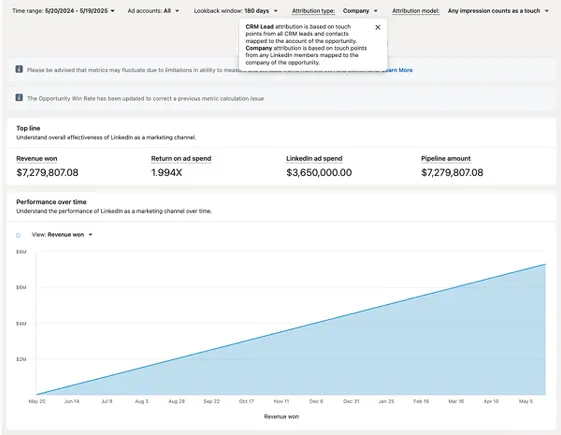








.png)







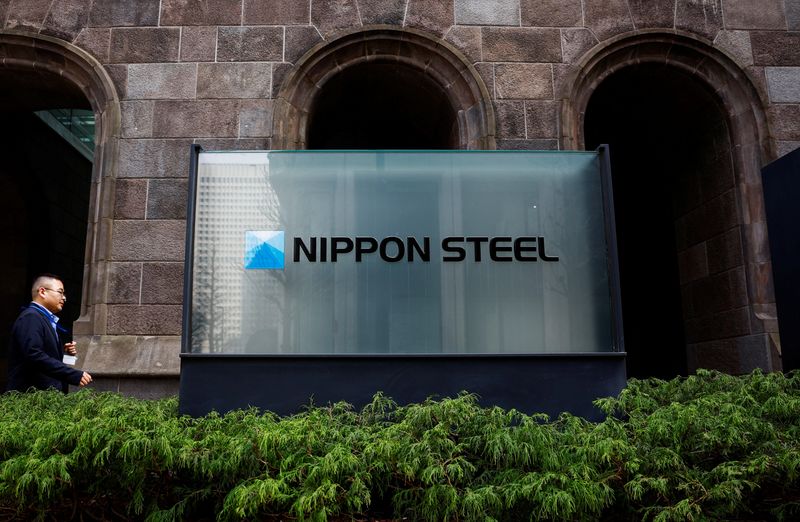
























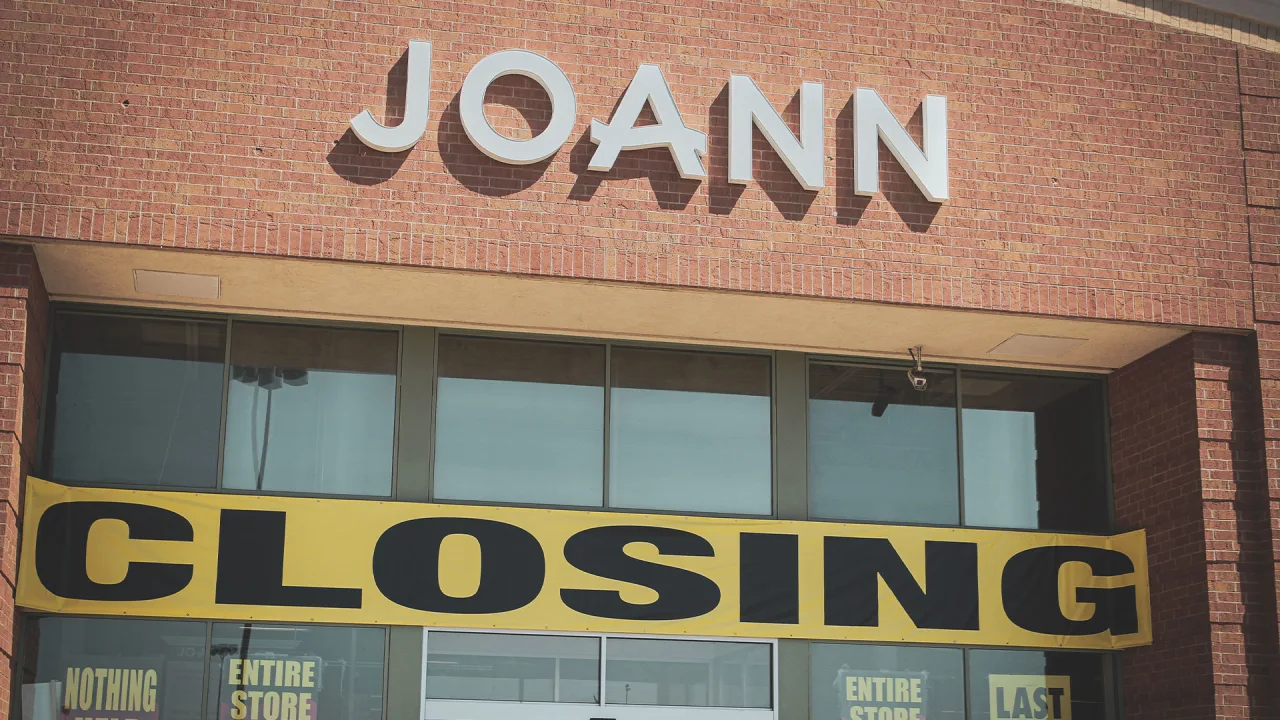



![[Weekly funding roundup May 17-23] VC inflow remains steady](https://images.yourstory.com/cs/2/220356402d6d11e9aa979329348d4c3e/Weekly-funding-1741961216560.jpg)

















